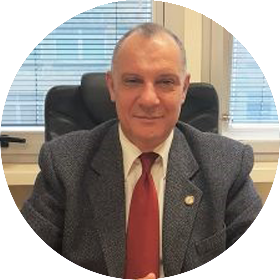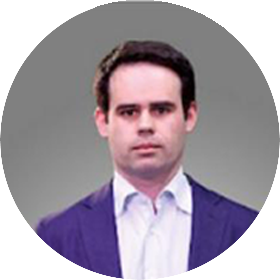Program
Program-at-a-Glance
Full Program
Access the full program
PDF Version
VIA WEB APP
Access the program and app from PC and web browser at https://ism2023.eventify.io/
YOUR CREDENTIALS/LOGIN
If you already completed the registration on the CAL-TEK Events website, you can already access the app with the credentials below:
- your email address used in the registration phase on the CAL-TEK Events website
- the personal passcode/OTP that will be sent automatically on your email upon login. Alternatively, you can use the following event code instead of the passcode: 407165.
If you have not registered yet, you do not have access to the event yet. Please complete the process as soon as possible at https://www.cal-tekevents.com/ism-shop/. After registering, users will not get immediate access but the wait time is expected to be relatively short, and users will gain access to the app within one day of registering.
LINKS TO THE VIRTUAL ROOMS
You can find the link to the virtual rooms to connect remotely via Microsoft Teams in the session description within the full schedule on the app (Web App or Mobile App). To have access to the rooms, you need to be registered to the conference.
Keynote Talks

Dimitris MOURTZIS
Professor
University of Patras
Greece
November 22, 2023 - 11:15 - 13:00
Maintenance 5.0: Improving industrial maintenance based on Prescriptive Analytics and Digital Twin
Biographical Sketch

Telmo G. Santos
Professor
NOVA School of Science and Technology
Portugal
November 22, 2023 - 11:15 - 13:00
Demystifying Misconceptions: A Critical Perspective on Additive Manufacturing Technologies
Biographical Sketch
Regular & Invited Sessions
Presentation Formats and Speakers' Instructions
Special Sessions
R&D Projects Dissemination Event @ISM 2023
- disseminate their project progress and results to the relevant scientific communities, potential investors, stakeholders, regulatory bodies, potential users, and lay audience;
- find other R&D project partnership opportunities with other speakers or people of the audience.
Enjoy your stay
Social Activities
Thursday, 23 November 2023



